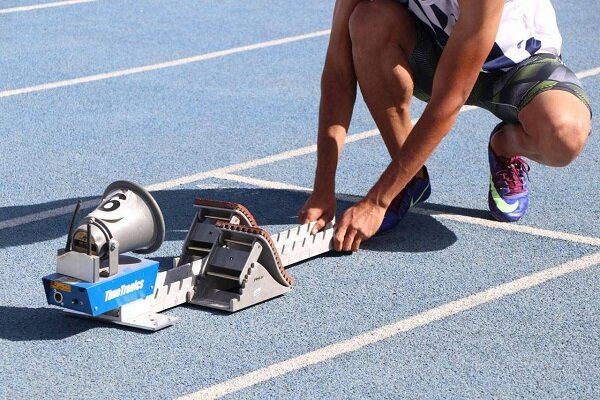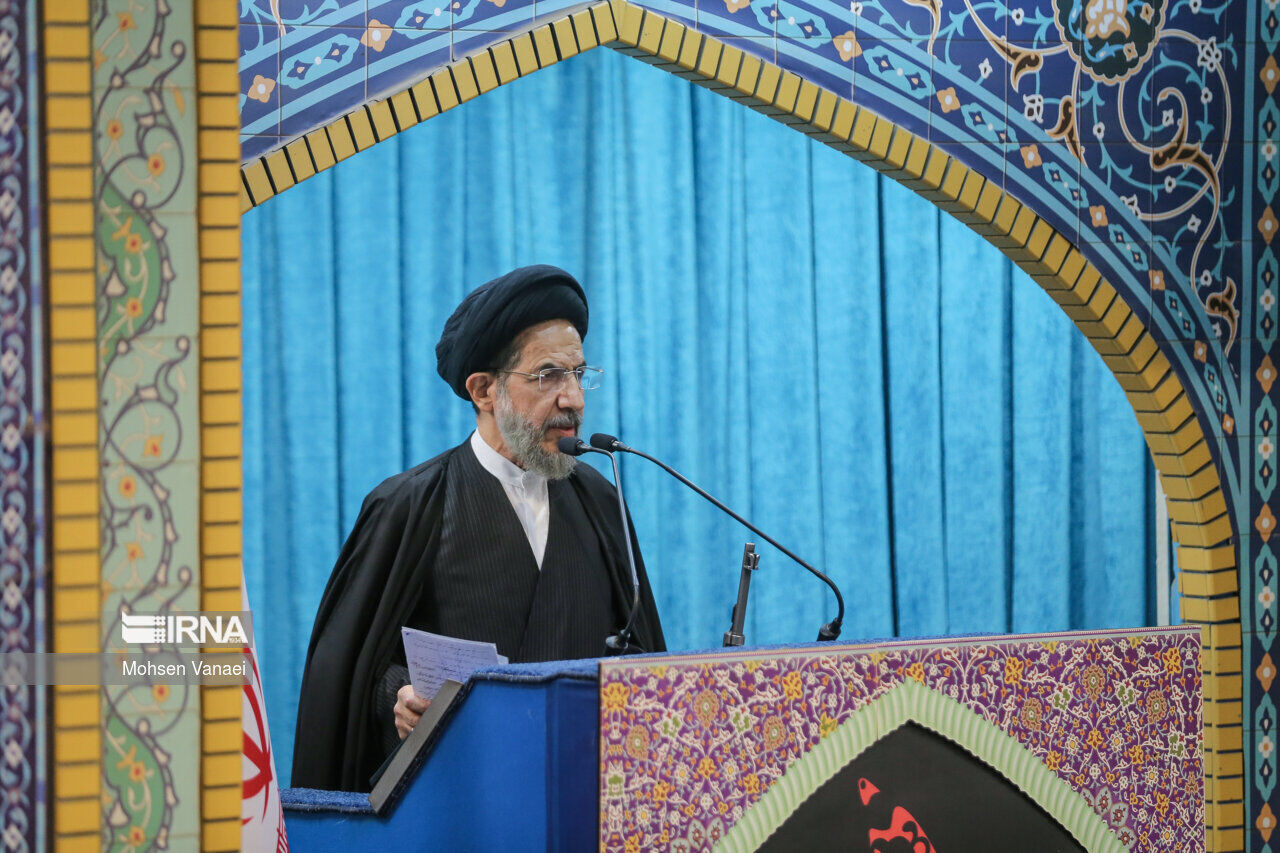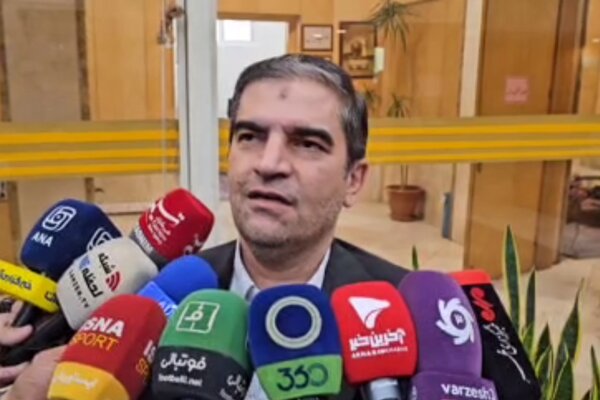‘Nothing has changed’: Gaza health workers report almost no medical aid entering the strip
‘Nothing has changed’: Gaza health workers report almost no medical aid entering the strip

Aid groups have warned that the medical situation in Gaza remains unchanged, as Israeli restrictions continue to bar the entry of almost all medical supplies and equipment amid a fragile ceasefire.
Lena Dajani, a mutual aid volunteer who coordinates medical aid in Gaza, reported that “almost every doctor I’ve spoken to has said that nothing has changed in the healthcare sector” since the ceasefire came into effect on 10 October.
While health workers are no longer inundated with waves of casualties from bombardments and shootings at aid distribution sites, they continue to grapple with a lack of basic medical supplies and equipment.
The World Health Organization announced on Thursday that only 10 percent of the requested medical supplies have entered Gaza since the ceasefire came into effect.
“Sepsis is a big issue; there’s not a lot of disinfectant available. Hospitals are breeding grounds for viruses and bacteria”, Dajani told Middle East Eye.
However, she emphasised that the demand is not just for medical supplies and equipment. Overcrowding persists, with patients forced to sleep on the floor and discharged to makeshift tents.
“We’re talking about patients that in any other country would be in the ICU. There were patients that had just come out of a coma after shrapnel wounds to their vertebrae that were sleeping on the ground.”
One of the cases she handled involved a child named Saab, who was evacuated from northern Gaza amid Israel’s prolonged military assault and had lost half of his skull.
“He was sleeping on the floor, and they told him he had to leave,” Dajani said.
“There's no medical support, beds haven’t been coming in, no medical equipment or delegations have entered to even let the doctors breathe for a moment.”
Medication for genetic disorders is also desperately needed. Dajani said that many children had developed seizures as a result of the trauma from two years of war, but Keppra syrup - used to treat epilepsy - is unavailable.
“A lot of children developed seizures from the trauma,” Dajani said. “Even if they were predisposed to having these seizures because of their conditions, they were triggered by certain things, the bombs going off.”
Lack of infrastructure and electricity also means that medication that requires refrigeration - like insulin, which is used to treat diabetes - cannot be stored.
‘Dual-use’
Bahaa Zaqout, director of external relations at PARC, a Palestinian NGO that tracks aid entry, said almost no medical equipment or medicine has entered the strip since the ceasefire was imposed.
Items considered "dual-use", which include most medical equipment and materials needed to build shelters, are barred from entering the territory.
According to Zaqout, before October 2023, Israeli authorities had designated around 1,400 items as "dual-use".
However, since Israel launched its genocide in Gaza, the list has expanded to include medicine and even children’s clothes. Zaqout estimates that around 4,000 items are now on the list, though no official figures are available.
He added that the vast majority of trucks that have made it into Gaza are commercial, with aid trucks representing around 15 percent of all deliveries into the territory since the ceasefire was implemented.
Only 90 trucks are entering Gaza daily, a fraction of the rate promised in the ceasefire agreement.
He said that commercial deliveries tend to prioritise food of low nutritional value because it requires less coordination with the Israeli authorities.
'You cannot even find paracetamol. Even the simplest medication is not available in pharmacies and hospitals'
Bahaa Zaqout, PARC external relations director
“You cannot even find paracetamol. Even the simplest medication is not available in pharmacies and hospitals,” Zaqout told MEE.
He said almost all assistive devices, such as wheelchairs, prosthetics and crutches, are banned.
The number of people with disabilities across Gaza has surged amid Israel’s genocide.
A report by the Gaza City-based NGO Atfaluna Society for Deaf Children found that, as of July 2025, 58,000 people were living with disabilities, while an estimated 22,500 of those wounded in Israel’s onslaught had sustained life-changing wounds requiring rehabilitation services.
The report also found that 83 percent of their respondents with disabilities reported that one of their assistive devices was lost during displacement.
The organisation further estimated that some 35,000 people were at risk of temporary or permanent hearing loss.
“This means there is a huge need for assistive devices in Gaza”, Atfaluna director Fadi Abed told MEE, adding that a lack of them means many disabled people cannot access other services, including much-needed mental health support.
“We have children with hearing problems who cannot attend psycho-social sessions or engage in learning activities”, Abed said.
The NGO used to run diagnostic clinics for children under five with hearing difficulties. However, diagnosis in this age group requires specialist equipment currently unavailable in Gaza.
Medical delegations blocked
Medical delegations continue to battle for entry into Gaza.
British plastic surgeon Victoria Rose, who works with a medical charity that has supported trauma care in Gaza since 2009, was part of a delegation scheduled to depart for Gaza on 10 October - the day the ceasefire was declared. She was informed on the 9th that they had been denied entry.
“We’ve never been told that early. Cogat [Coordination of Government Activities in the Territories] normally tells you the night before you’re due to enter. It was bizarre. We’d been told before we left,” Rose told MEE.
“When we discussed it with the foreign office, the feeling was that they wanted to get the denial in before the ceasefire.
“There is an expectation that, due to the ceasefire, there will be an increase in the aid into Gaza. Aid encompasses healthcare workers, so if they wanted to deny people entry, they needed to deny them before the ceasefire.”
Rose explained that since October 2023, health workers have been limited to just five seats per month on convoys entering Gaza. The next convoy is already fully booked, so she and her team are waiting for additional seats to be announced - something Israel has pledged to do following the ceasefire.
Israeli authorities have repeatedly denied entry to medical delegations, and Rose has tried, unsuccessfully, to enter Gaza five times.
“It does appear that they very rarely deny people whose job titles are ‘project coordinator’, ‘logistics manager’, ‘ health and safety officer’, whereas anyone with a medical qualification in their title seems to be under far more scrutiny,” Rose said.
A team that went to Gaza in September reported that the medical needs are unchanged.
“They need orthopaedic and plastic surgery input; they're very low on doctors on staff. They're very depleted on staff," Rose said, noting that 17,000 Palestinian medical workers have been killed since October 2023, with 95 still detained by Israel.













